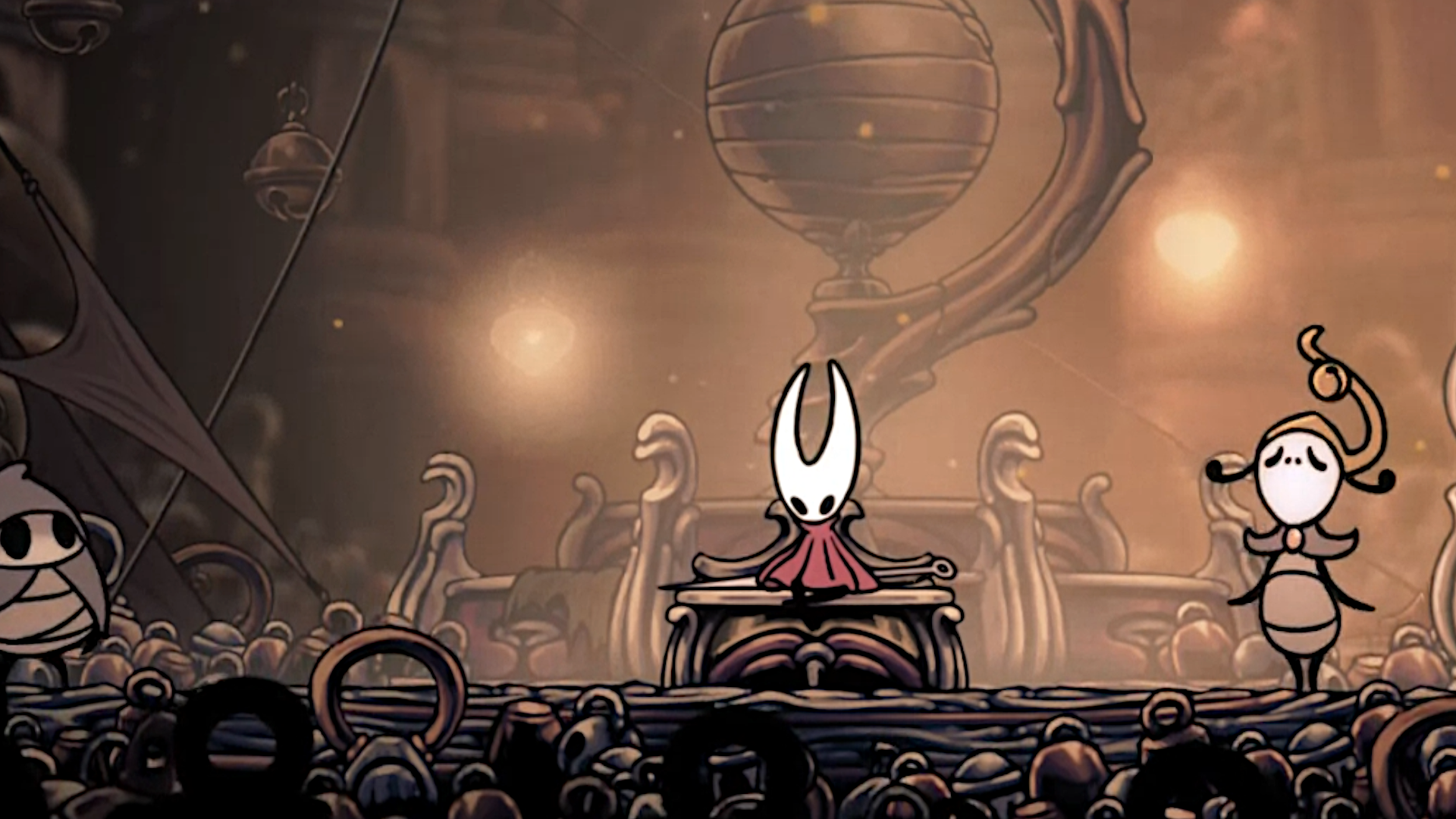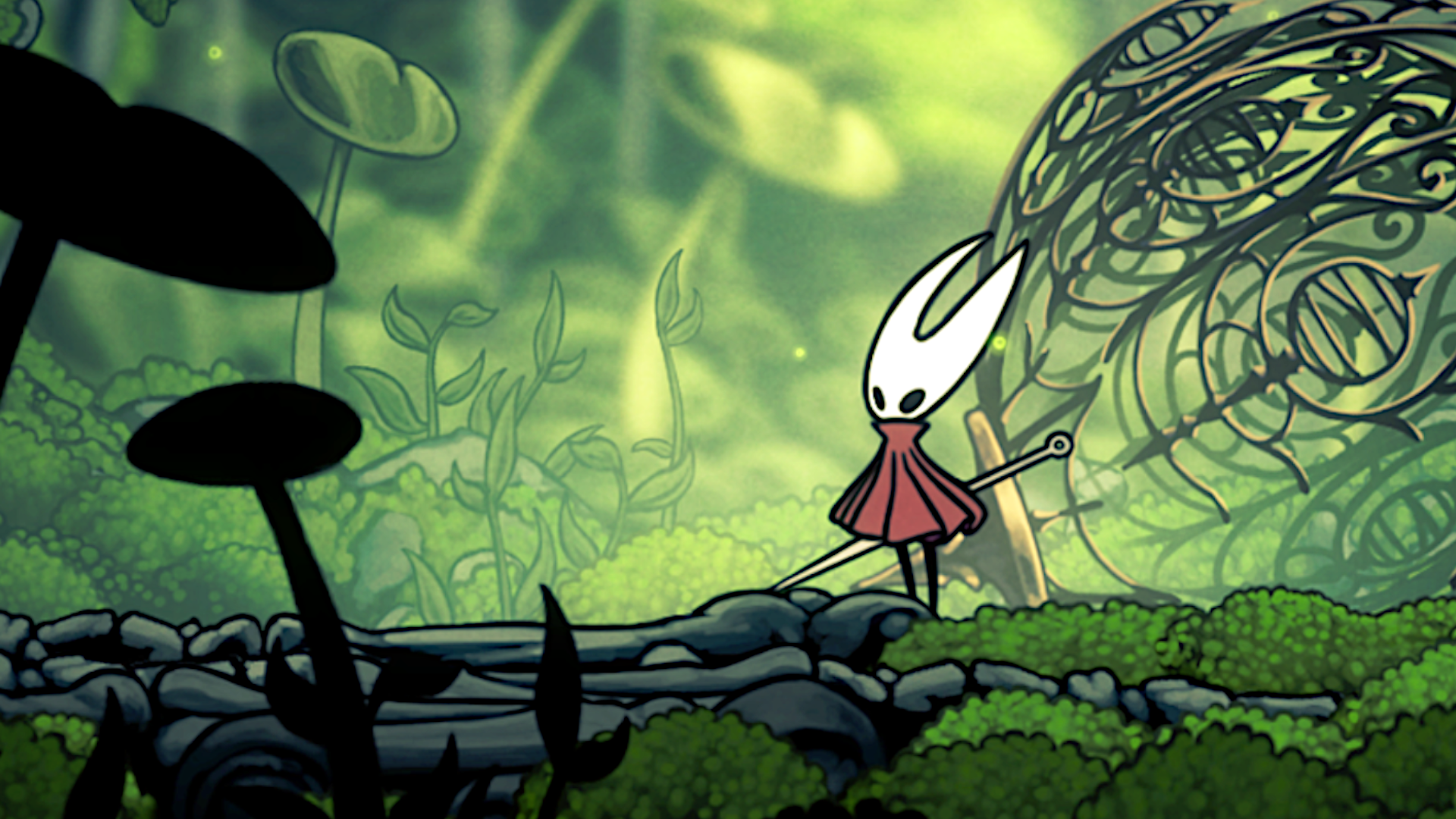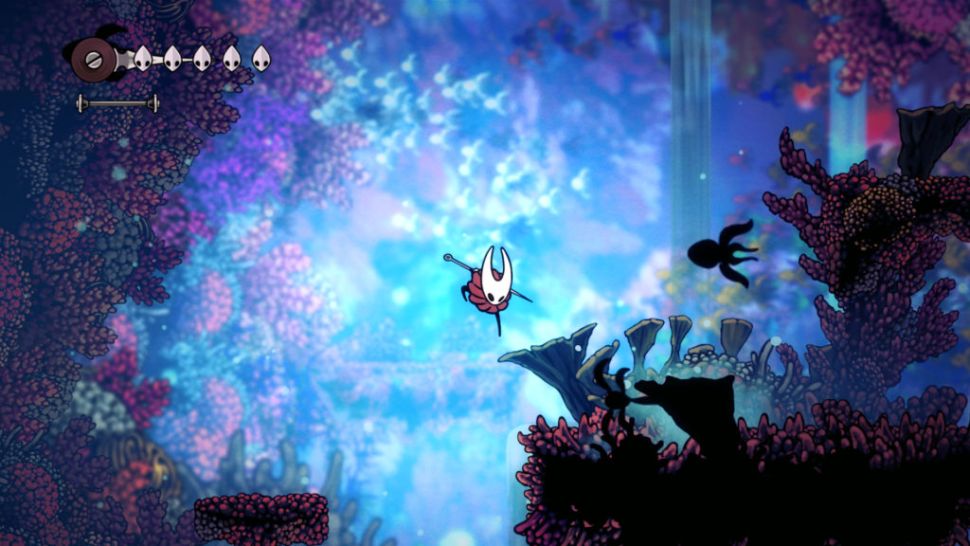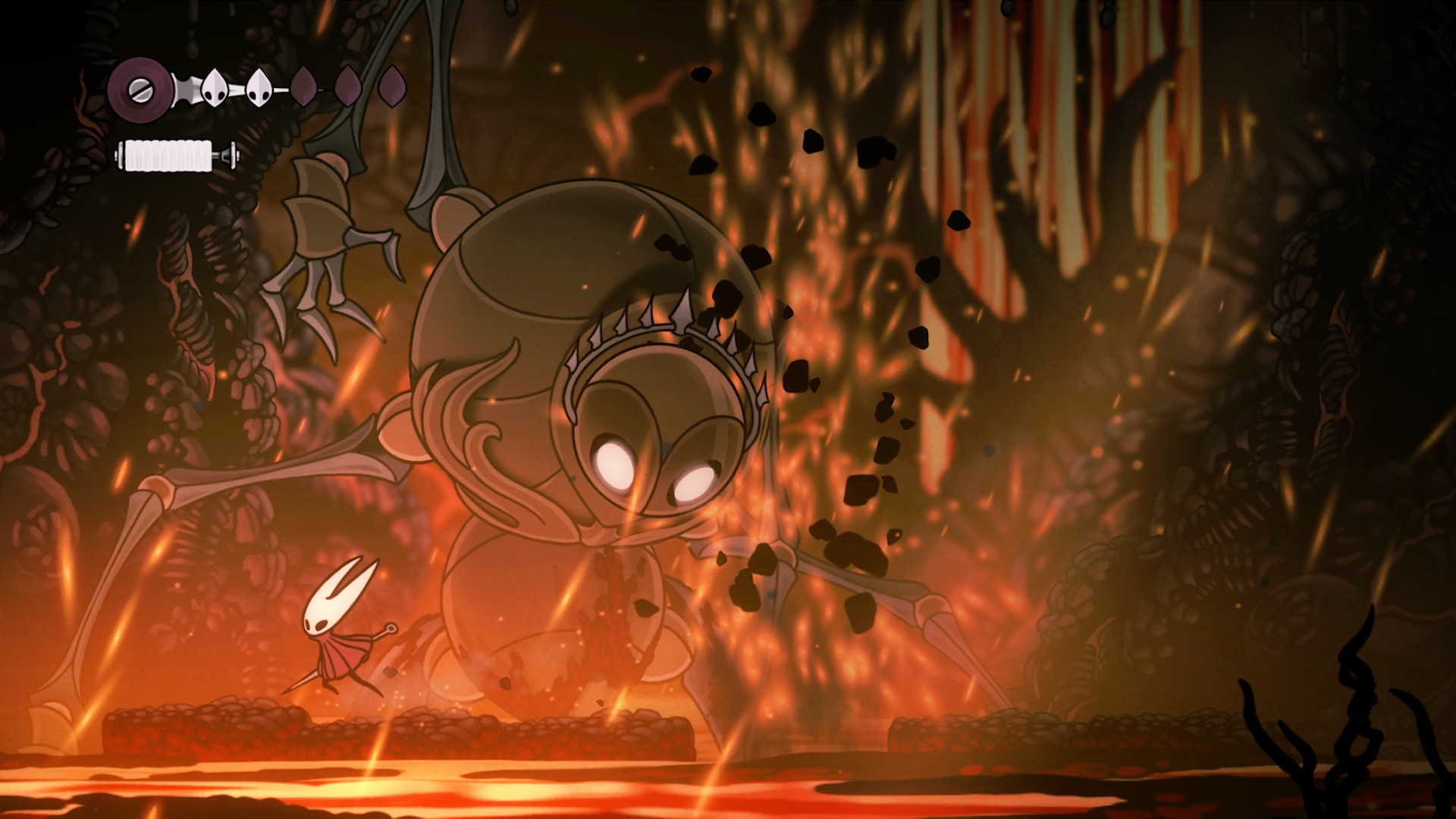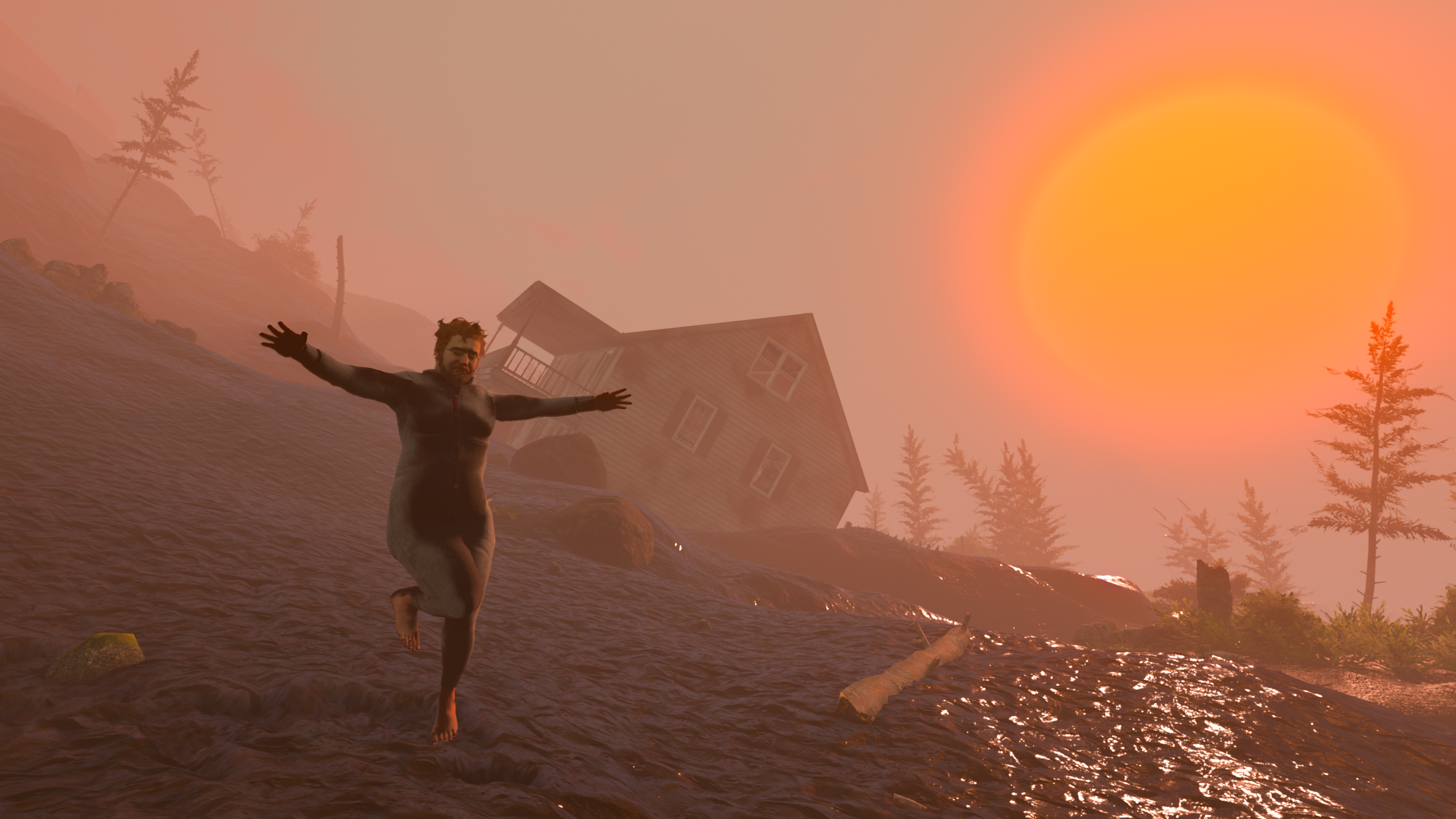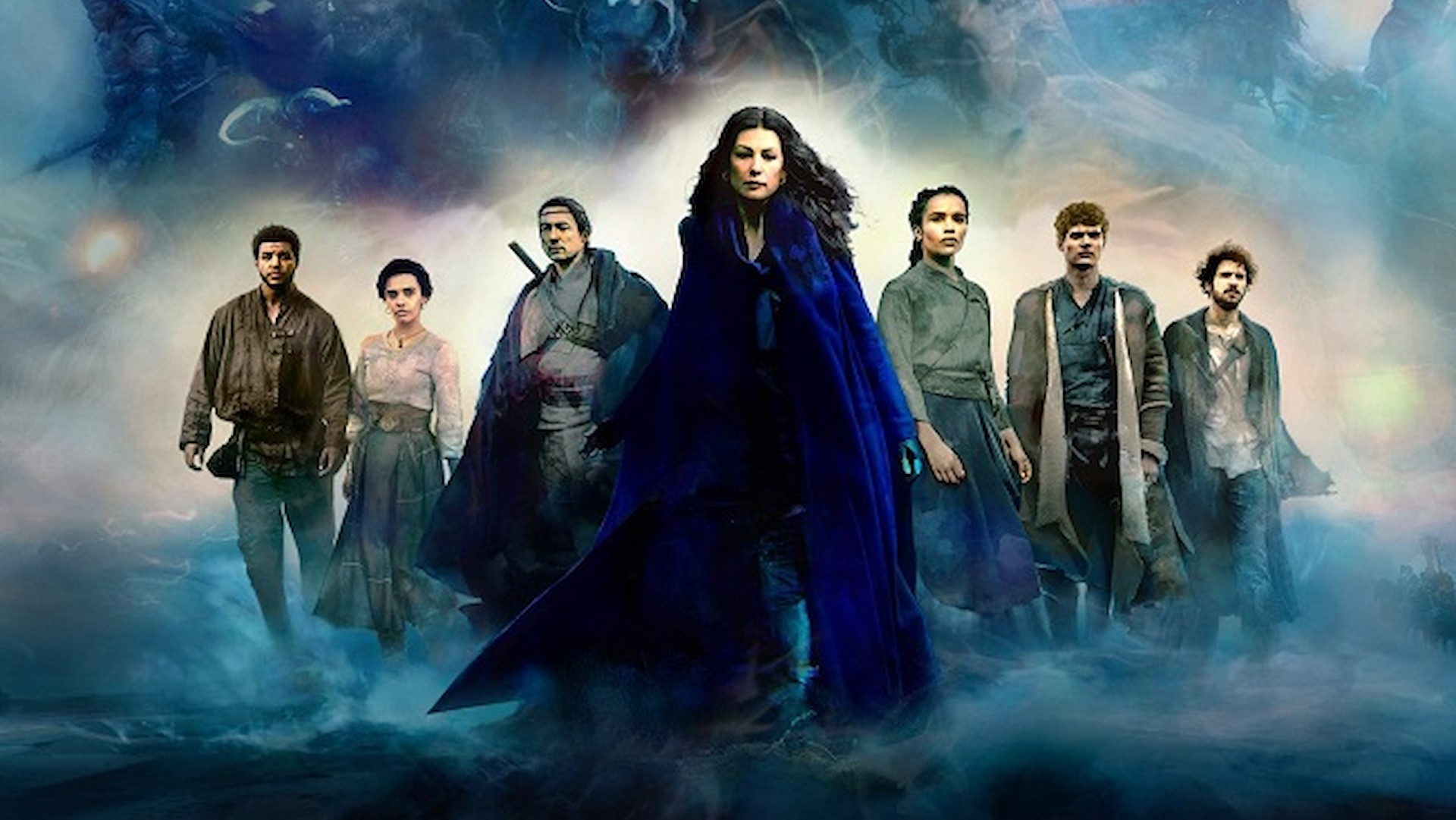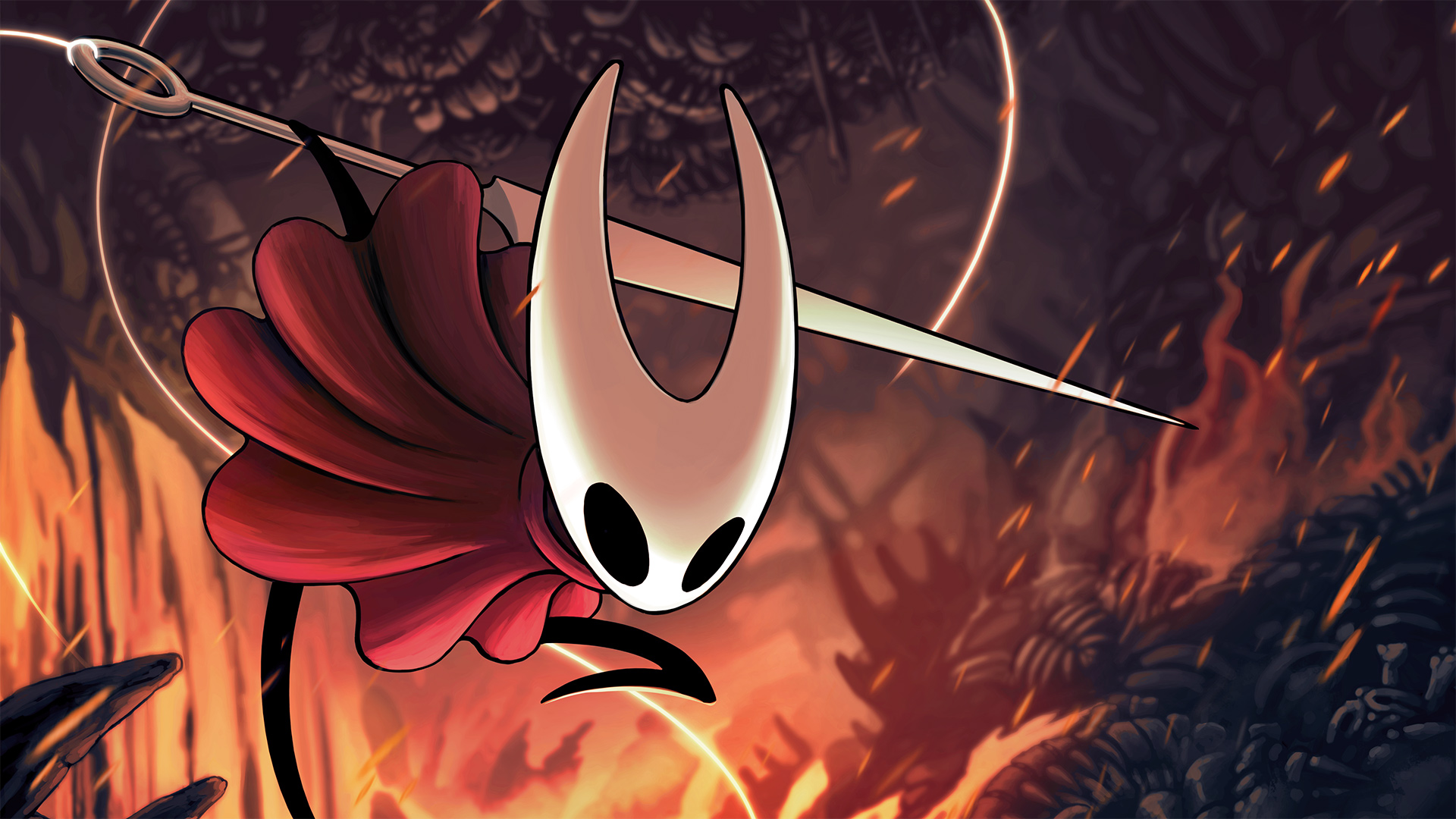
As the community grows increasingly rabid, I'm left wondering what players are actually expecting the game to be when it (hopefully) launches later this year.
With a whole three seconds of footage, this month’s Nintendo Direct put a new release window on Hollow Knight: Silksong: 2025. The game has blown past announced release windows before, of course, but this does feel a bit more concrete—brief though the appearance was, this was still Nintendo announcing the lineup for its brand new console. There’s some weight to that.
But as the Silksong community once again goes wild with rapture, I’m left troubled by a question that’s been floating around this game for a while now: after this long of a wait, what are we actually expecting Silksong to be?
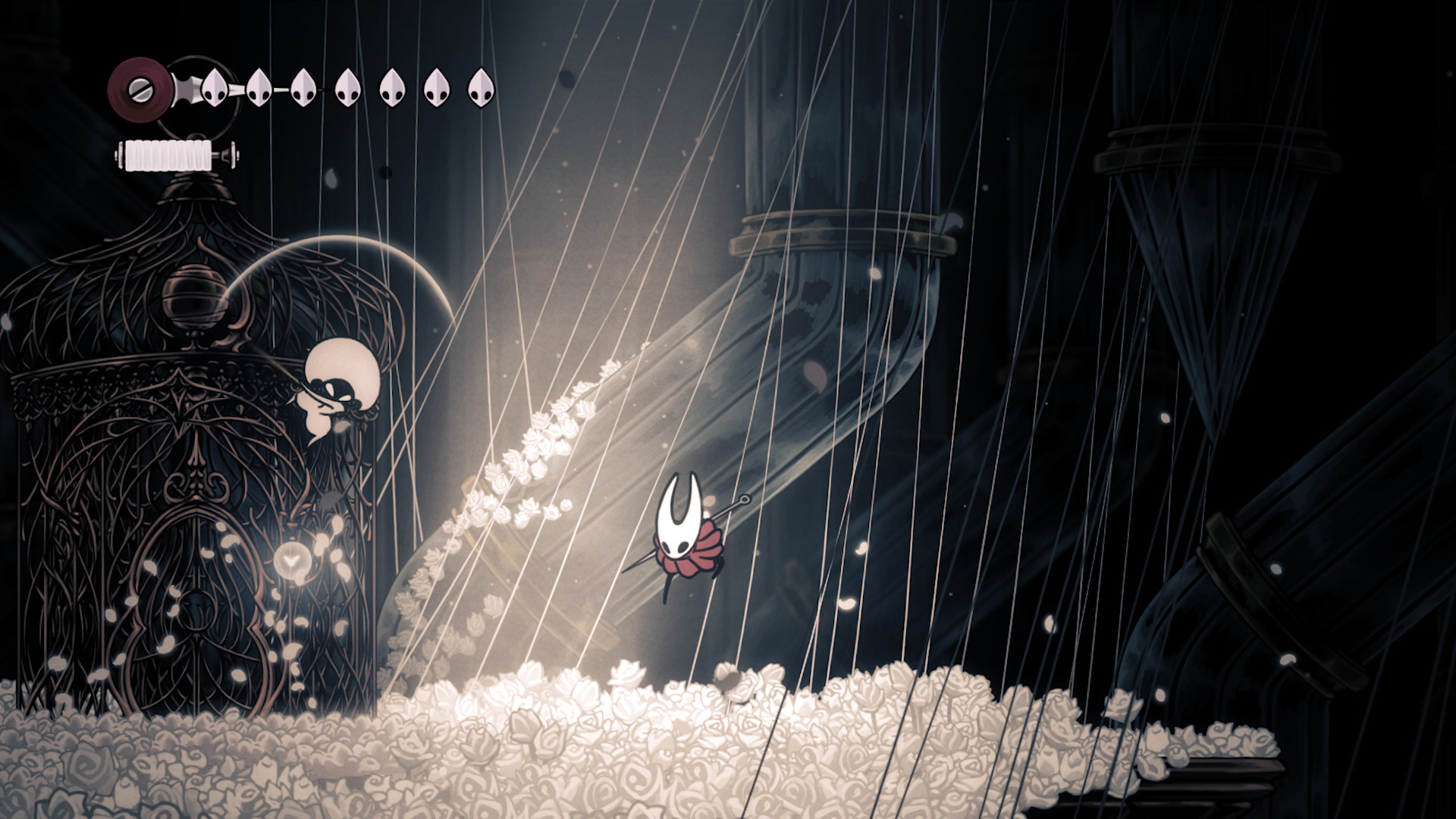
As originally conceived, Silksong was just an expansion for Hollow Knight. If it had released as a relatively substantial DLC in 2019, I’m sure it would have been well received. Instead, that year it was announced as a full sequel, far expanded in scope from the original idea. And if that sequel had come out in 2020 and turned out to just be a new slice of good Hollow Knight content, we’d have probably all been happy with that too.
Six years on from that initial reveal, however—during which the hype has only grown exponentially—the bar feels like it’s set rather a lot higher. Dip into the Silksong subreddit and you’ll find fans praying for the game’s release like it’s the second coming. There’s a comparable, arguably even greater fervor than the one we saw around Elden Ring.
How industry-shaking and genre-defining is Silksong going to have to be to live up to that?
The original Hollow Knight was brilliant. Combining elements of Soulslikes with metroidvania in a unique and beautifully illustrated setting, it made exploration and discovery the focus, pushing you into frightening, uncertain, and deeply rewarding adventures beyond the borders of your map.
But that was 2017—eight years ago. In the time since, the metroidvania genre has only continued to grow exponentially. Particularly 2D metroidvanias of the same style as Hollow Knight have absolutely flooded Steam.
Developers have pushed that Soulslike connection further and further forward, in games like Blasphemous and Dead Cells. They’ve taken the genre in strange and experimental new directions in Rain World and Animal Well. Major publishers have continued to imbue the genre with polish and spectacle, with entries like Ubisoft’s slick Prince of Persia: The Lost Crown, or Moon Studios’ gorgeous Ori and the Will of the Wisps. An awful lot of ground has been covered, and there’s an incredible amount of choice available to genre fans.
Hollow Knight was excellent, and rightly lauded, but it didn’t reinvent the genre or even kick off any of those trends. Salt and Sanctuary was doing Soulslike-meets-metroidvania a year earlier, and the first Ori game was a year before that. It’s been influential, no doubt, but it was primarily just an exciting and creative take on a trend that was already well in motion. A standout in a crowd.
After six years of hype and speculation, I can’t help but feel Silksong will have to be a lot more than that to satisfy its rabid fanbase. Surely just another good slice of Hollow Knight won’t suffice? It will need to be revolutionary, ground-breaking, and wildly ambitious, or else be deemed an underwhelming climax to over half a decade of build up.
It’s the same problem that trapped Duke Nukem Forever in development for 14 years.
I suspect that in itself is a huge part of why it’s taken so long to reach us in the first place. It’s the same problem that trapped Duke Nukem Forever in development for 14 years. After a massive success, the resources are there to really take your time on the follow-up, but the more time that passes, the more the pressure grows. That leads to the developer constantly expanding the scope or reinventing the game, which takes up yet more time, during which expectations continue to grow, and plans must be scaled up all the more to keep pace with them.
In Duke Nukem’s case, that vicious circle ended in disaster, with the studio dissolved and its work left to rot until it was salvaged into a sorry but at least releasable form by Gearbox Software. And in many ways, Team Cherry’s task has only been harder—similarly unwieldy levels of hype, but with a team of only three still relatively inexperienced developers trying to meet them. Hollow Knight was an incredible debut, but it was still a debut—Silksong will only be their second ever full game release, remember.
I don’t say any of this to wish doom on Team Cherry—far from it. I loved Hollow Knight and I’m rooting for the team 100%. I just worry that developer and fans together may have created an impossible situation for this game to launch into—and if it does end up struggling to match the version people have created in their heads, I dread to think how a community this invested will react.
